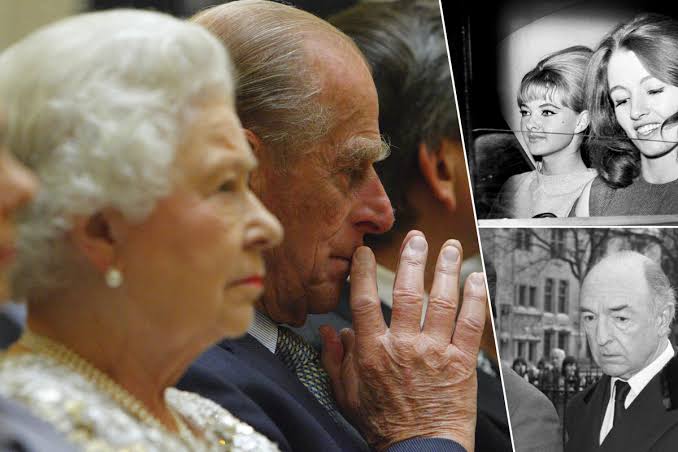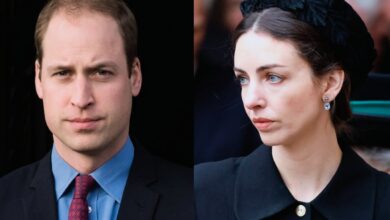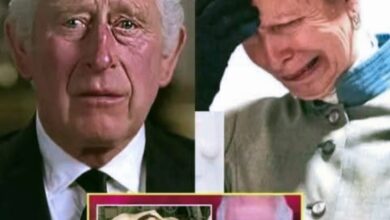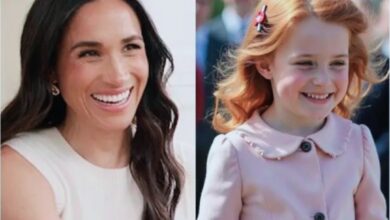
Prince Philip was named in top-secret FBI memos about the Profumo affair by the organisation’s director, it has been revealed.
The affair – a sex scandal which threw the British government into chaos in the 1960s – had threatened to undermine then-Prime Minister Harold Macmillan’s administration after War Secretary John Profumo emerged to have been having an extramarital relationship with model Christine Keeler, who was also involved with a Russian military attaché.
Keeler had first been introduced to the attaché, Yevgeny Ivanov, by osteopath Stephen Ward – whose links to the British Royal Family, including Prince Philip, had long been the subject of public speculation.
But in a new shock reveal, an American associate of Ward told the FBI that the late Duke of Edinburgh himself was connected to Keeler and fellow model Mandy Rice-Davies through the Russian-linked osteopath – a scandalous accusation at the height of the Cold War.
In a cable between FBI director J Edgar Hoover and the US embassy in London unearthed by the Mail on Sunday, Hoover claimed the associate – Thomas Corbally – had told him of Philip’s “involvement” with Keeler and Rice-Davies.
The cable reads: “Corbally also stated there was a rumour Prince Philip may have been involved with these two girls.”
With the Profumo affair having threatened the British government to such an extent, the emergence of official American correspondence naming the prince at the time could have caused quite the diplomatic incident.
While the accusations that Philip may have been “involved” with Keeler and Rice-Davies could have sparked chaos in the Royal Family had they been publicised at the time.
The threat of the allegations coming to light had featured in Netflix drama The Crown – which depicted Soviet spy Anthony Blunt as attempting to blackmail Prince Philip with the “involvement” if the prince exposed his treachery.
The TV show also hinted that a “mystery man” photographed at one of Stephen Ward’s parties could have been Philip – and was lambasted for presenting historical inaccuracies after the release of its second sesason.
While Ward and Prince Philip had attended the same parties, and the former had sketched portraits of the latter at Buckingham Palace, claims that the two were direct associates remain disputed.
And in further extracts from the unearthed cable, Corbally had told the FBI he did not believe the charges against Ward, his associate.
But despite Ward’s place at the heart of the scandal, neither British nor American intelligence were ever able to to confirm that Ivanov had even attempted to carry out espionage – undermining the affair despite Profumo’s infamous lies to Parliament.
Lord Denning’s report into the scandal eventually concluded that there had been no security leaks in the Profumo affair and that both security services and government ministers had acted appropriately.
He laid most of the blame for the affair on Ward, who he called an “utterly immoral” man whose activities were “misconceived and misdirected”.



